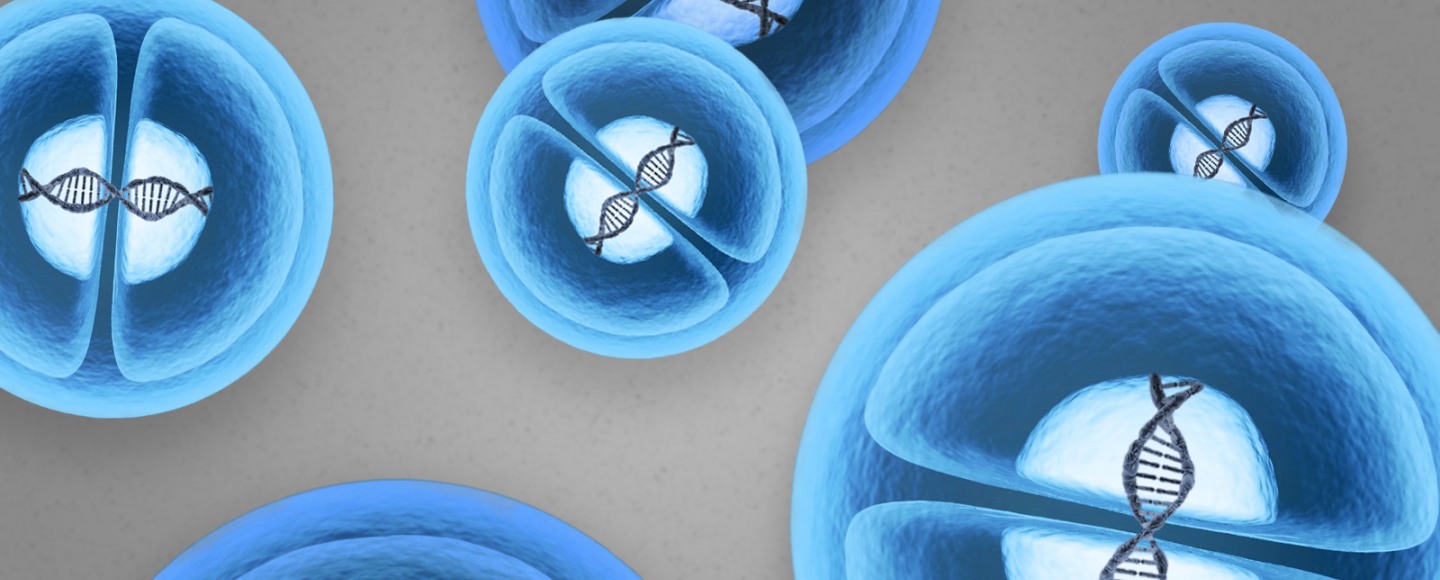Table of ContentsClose

New genetic test for cerebral palsy provides clarity for parents, providers

When a baby is diagnosed with cerebral palsy—a group of disorders impacting movement and posture—the cause is often linked to fetal or infantile brain injury. But in some cases, there is no evidence of harm, and doctors are left with unanswered questions, such as whether cerebral palsy may run in the family.
For parents, this lack of clear answers can intensify feelings of remorse and even guilt. But a new genetic test available through University of Iowa Stead Family Children’s Hospital is bringing clarity and hope to families with a cerebral palsy diagnosis.
The test, called a cerebral palsy gene sequencing panel, uses genetic sampling from the child and sometimes parents to identify genetic mutations among up to 1,000 genes. The test requires blood, saliva, or a cheek swab and is offered by the Division of Pediatric Neurology in the UI Stead Family Department of Pediatrics. The program is currently the only one in Iowa—and among a small number of programs in the nation—offering this genetic test.
Lilli Howard, MS, a licensed genetic counselor specializing in neurogenetics, works with doctors and families to determine if the gene panel is the right tool to determine the cause of a cerebral palsy diagnosis. Howard says the test can provide critical information for parents, especially if they have other children or are considering having more children.
“It can be a very emotional process all the way through,” says Howard. “The process of incorporating a genetic diagnosis into your life can take a lot of time, and it can force parents to reconsider family planning options. It puts everything into a new frame of thinking.”
If a child tests positive for a molecular cause for cerebral palsy and their parents want to expand their family, they can be referred to a prenatal genetic counselor who helps them understand all their options for testing. However, in some cases, the cause of cerebral palsy in a child is determined to be de novo: a completely new gene mutation or variant not inherited from a parent.
Regardless of the mutation status, having genetic information after a cerebral palsy diagnosis can be incredibly reassuring to parents, says Howard. The information can release parents from any feelings that they did something wrong or that they somehow caused their child’s disorder, and provides medical teams with data that can be used to refine future medical care.
“Once we’ve identified the explanation for the diagnosis, we can manage the child’s health better,” says Howard. “We can sometimes determine which medications will work better and maybe even switch medications for better outcomes. We can also reconsider the child’s physical therapy routine. It can be a game-changer.”
Howard is grateful for the “sense of relief” she and her team can provide families, thanks to the available genetic testing.
“Being able to help children and their families understand what is happening and why it’s happening is gratifying work,” she says.

UI Stead Family Children's Hospital
UI Stead Family Children's Hospital is a leader in family-centered care, which includes the family as members of the multi-disciplinary care delivery team.
